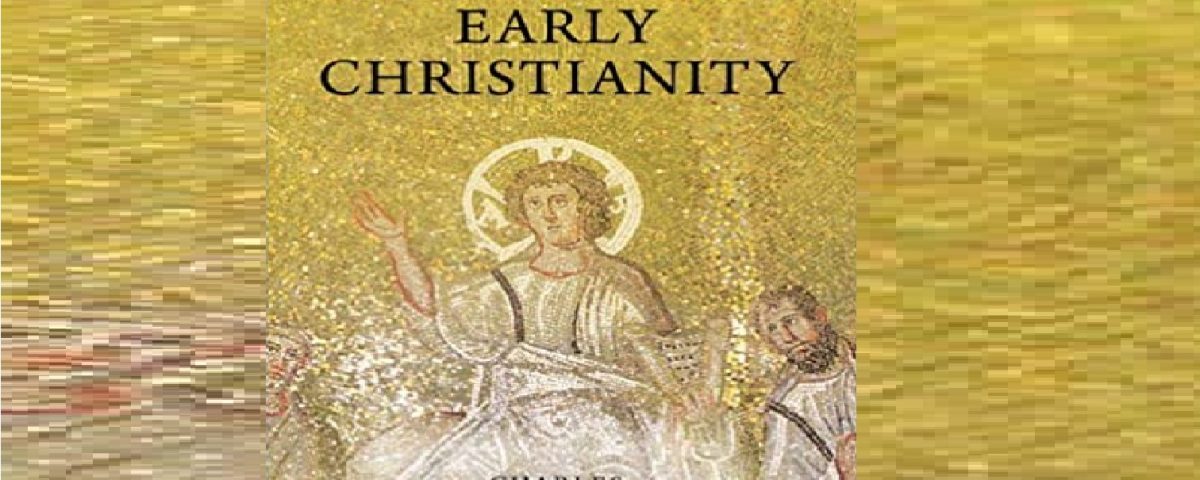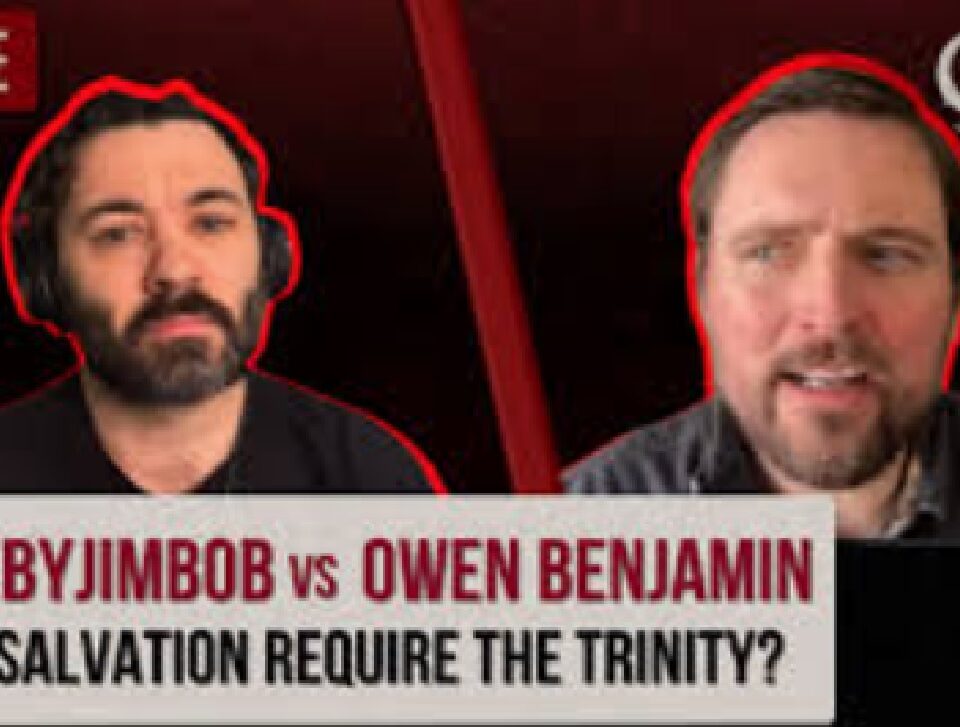
Threefold Mystery
July 15, 2021
Trinitarians At Inception Recognized Trinity Doctrine Contradicts Scripture
August 14, 2021Augustine and the Trinity

by Charles Freeman, A New History of Early Christianity (2011, Yale University Press)
It was inevitable that Augustine would be asked to defend the Nicene Trinity, especially the problem of there being three divine forces, Father, Son and Holy Spirit, but only one Godhead. In his Confessions he admits to his own difficulties: ‘Who understands the omnipotent Trinity? Yet who among us does not speak of it, if it indeed be the Trinity that he speaks of? Rare is the soul that knows whereof it speaks, whatever it may say concerning the Trinity’. It was to take him some twenty years, from 400 to 420, before he had completed a work with which he was satisfied. The Trinity is certainly a massive achievement, above all in the determination Augustine shows in exploring every aspect of the question not only from scripture but from a philosophical and psychological perspective. Yet it is a mark of Augustine’s isolation that it was written with no input from the eastern theologians – the only commentator Augustine mentions in the entire work is Hilary of Poitiers.
The initial premise of The Trinity was that the Trinity was a mystery that could only be grasped through faith. Furthermore the three members of the Trinity always acted in unison, however much some passages in scripture appeared to suggest that one, God the Father in the Old Testament, for instance, worked alone. Next, in the first four books of the work, Augustine had to take on those, the subordinationists, including the Eunomians, who provided scriptural support for their beliefs. He had some difficulties here and his reinterpretations of scripture do not always convince. Faced with the mass of texts, in John, for instance, where Christ clearly says that he is sent by the Father, and thus subordinate to the one who does the sending, Augustine has to argue that ‘sent’ does not have its normal meaning but refers only to God as the origin of Christ, as in ‘God from God, Light from Light’. Is this any more than semantics? Again, when confronted with texts which cannot be interpreted other than to suggest that the Son is less than equal to the Father (for instance, John 14:28, ‘The Father is greater than I’), Augustine has to argue that these refer to Christ speaking in his human capacity, while ‘I and the Father are one’ (John 10:30) is Christ speaking in his divine capacity. So Christ shifts between natures at will. One has to admire the agility with which Augustine wriggles his way through every complication, but one feels that a subordinationist would be able to argue back with as much success. (Augustine had a famous confrontation with an ‘Arian’ bishop, Maximinus, on the issue in the 420s, a confrontation that many felt Maximinus won.)

